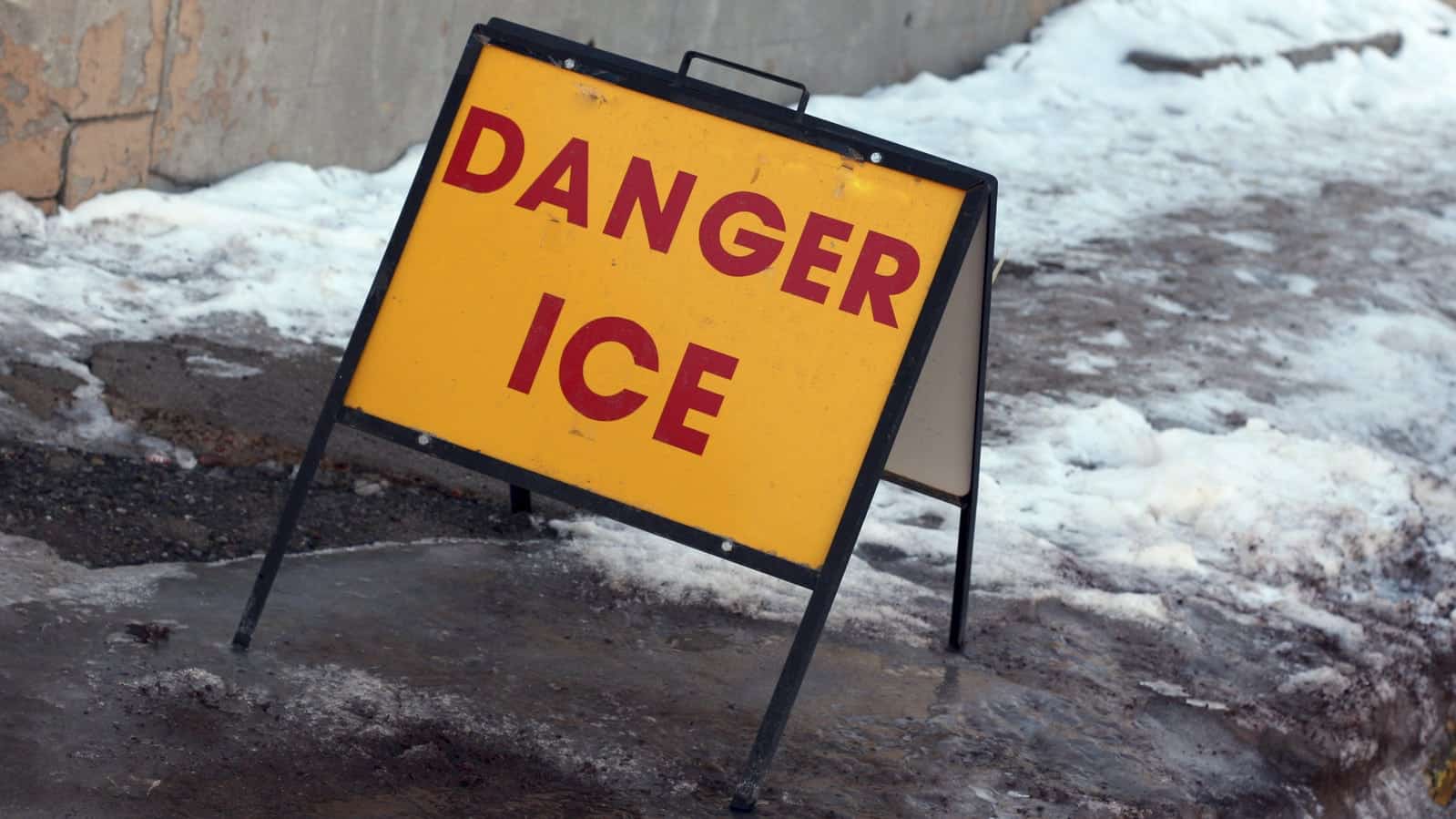Winters in Massachusetts, Rhode Island, and New Hampshire can brutal. There are situations where travel is extremely dangerous, even when you are on foot. Slip and fall accidents due to snow and ice are fairly common in this area. These falls can cause serious injuries, including fractures and even traumatic brain injuries.
In some of these situations, you may be able to assert an injury lawsuit against the property owner who is responsible for snow plowing or shoveling. An attorney will need to know the following information to determine whether you may have a valid legal claim after a fall.
What did you slip on?
An attorney will need to be able to show what you fell on or what caused your fall. This information is particularly important because part of proving your claim will be showing how long a particular unsafe condition existed. If the property owner had time to clear the snow and ice, then there may be liability. If you fall during a snowstorm, there may not have been time to clear it, so liability may not attach. Notice is an important part of any slip and fall claim; the property owner must have known about the unsafe condition and had an opportunity to correct it.
What were the temperatures like when you fell and before your fall?
The circumstances surrounding your fall are important. If you can show that the temperatures were low for several days, then you may be able to argue that the property owner should have known that ice was likely to develop at a particular location. The same can be said about snow. If it has been snowing for several days, then the property owner should realize that snow may be a potential hazard for anyone who is on their property.
What were you wearing?
In a slip and fall case involving ice and snow, what you are wearing may be important to your case. If you were wearing snow boots, but still fell, that will be more convincing to show that the situation was unreasonably dangerous. On the other hand, if you were wearing heels, then you may have contributed to your own injuries by failing to wear appropriate attire for the situation.
How were you traveling?
Whether you were walking or running will also play into your case. If the conditions would be dangerous to run, then you should not be running—if you were running when you fell, then that could mean that you were not reasonable at the time of the accident. The same can be said about whether you were on a bicycle or scooter. Acting reasonably at the time of the incident will be crucial to your slip and fall case.
Did anyone see what happened?
Having witnesses to your fall may be helpful to your case. A witness will also likely be able to explain the weather conditions that day as well. In addition, if anyone has told the property owner about the condition, that information can go a long way in your case as well. Has anyone else fallen there before? Have neighbors or passersby seen other accidents at that same location?
If you have been injured after a slip and fall due to snow or ice, contact Jim Glaser Law today at 781-689-2277 or fill out our online form to request a free case evaluation.








